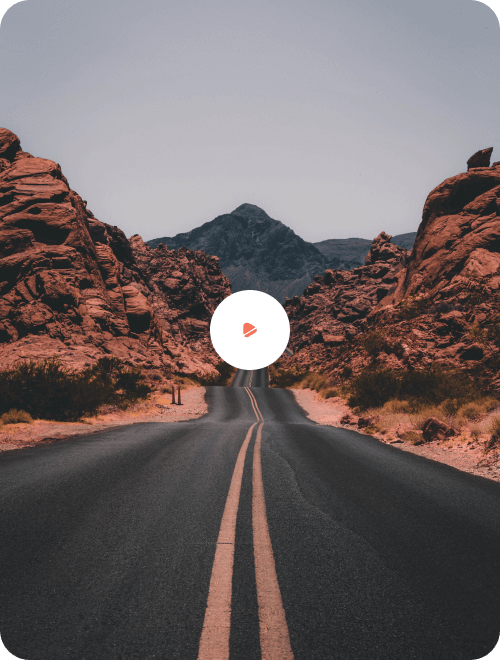Read the following passage, and answer the questions.
Use the words provided below each question.
Checking Accounts
Checks are used all over the world in many different ways. In the United States, many people have personal check books. Shoppers often pay at shops and supermarkets by check. Sometimes shops encounter problems with these checks. If there isn’t enough money in the customer’s bank account, the check “bounces.” This means the check is not accepted by the bank and is returned to the shop. At first, the shops don’t get their money, so they wait a little while. Later they try again, hoping that this time there will be enough money in the account. Having checks bounce isn’t good for the customer who issued the check either. Each time the bank bounces a check, it charges the customer a fine. This could become a lot of money if the shop continues to submit the check for payment. The final outcome could be that the shop doesn’t get its money and the customer receives a lot of fines.
In England, shops are protected from bounced checks. Nearly everyone who has a personal check book also has a bank debit card that serves as a check guarantee up to a certain amount. This is the same card that you would use to pay for goods and services or withdraw money from the ATM.
The bankers will pay the shop its money even if there isn’t any money left in the customer’s bank account.
check: a note promising a sum of money to be paid to a certain person
account: a bank record of deposits and withdrawals by a person or business
bounce: (for a check) to be sent back
fine: money to be paid as a penalty
debit card: a bankcard used to make electronic withdrawals from a bank account
ATM: Automated Teller Machine, an electronic banking machine in a public place
1. According to the reading passage, why is it that bounced checks are bad for both the
customer and the shop?
issue, charge, fine, submit
Your answer may begin like: The shop doesn’t get its money because of the bounced check and ....
2. Why do you think more people prefer to pay by check than by cash?
convenient, carry, dangerous, lose, paper
Your answer may begin like: It’s because checks are much more convenient than cash in many ways. Imagine ....

